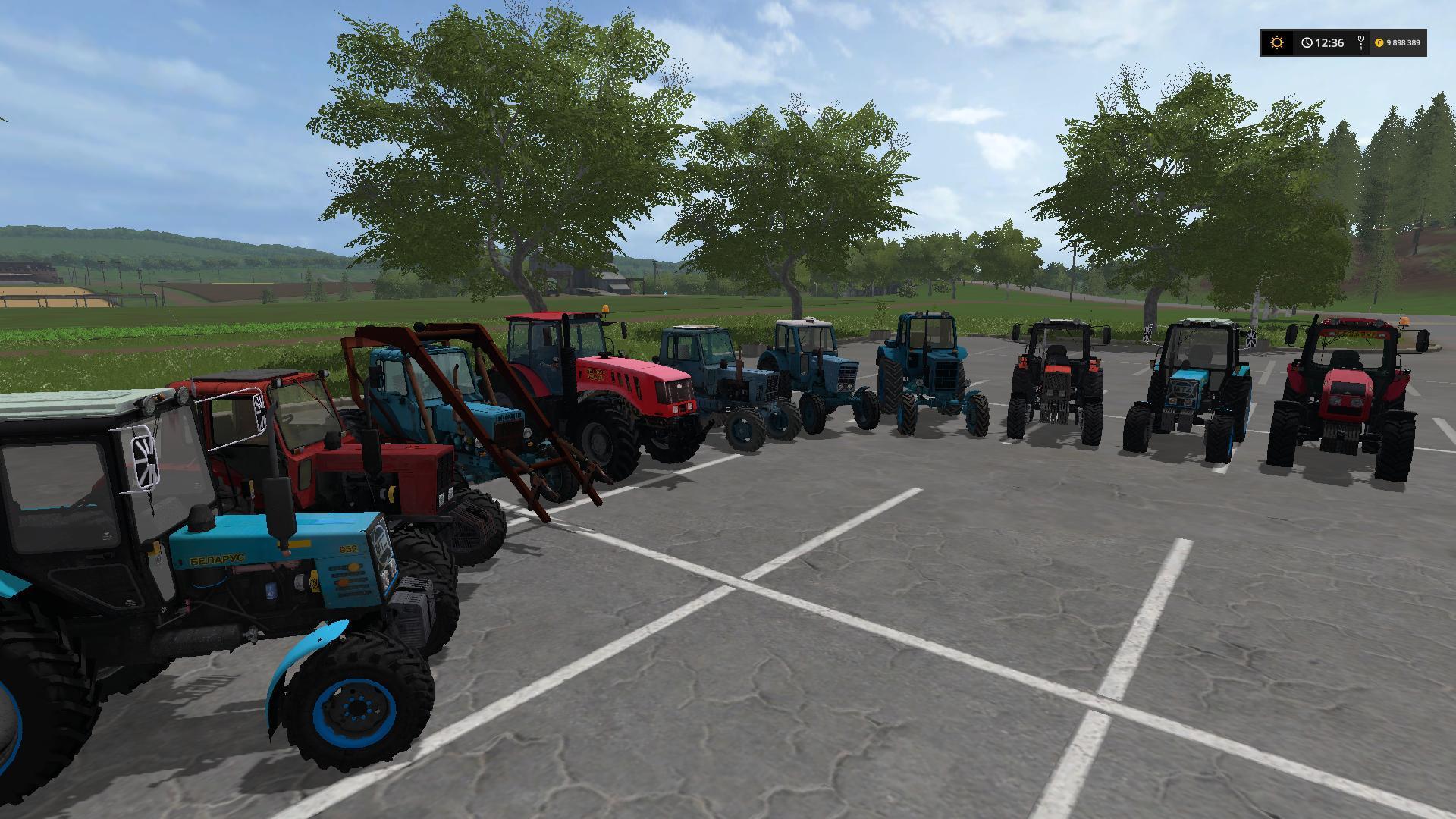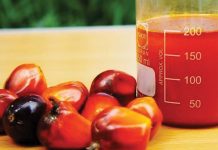Seeking innovative ways to generate agribusiness opportunities for young African entrepreneurs, Heifer International has announced that it is investing $1 million USD in the tractor booking platform, Hello Tractor, to provide loans for tractor purchases—loans that can be repaid from revenues earned by leasing them to local farmers.
The program, “Pay-As-You-Go (PAYG) Tractor Financing for Increased Agricultural Productivity in Nigeria,” already has enabled tractor purchases in the states of Nasarrawa, Abuja and Enugu.
These purchases could make tractors accessible to thousands of smallholder farmers via the increasingly popular Hello Tractor leasing platform. Sometimes referred to as Uber for tractors, Hello Tractor offers software and tracking devices that allow farmers to book tractor services from local tractor owners via a mobile phone app.
“The Pay-As-You-Go model provides financing for entrepreneurs who want to create jobs by capitalizing on the demand for tractor services on Africa farms, but who lack traditional forms of collateral,” said Adesuwa Ifedi, Senior Vice President of Africa Programs at Heifer International.
“It’s a way to unlock capital for youth who have strong business skills that can help transform African agriculture but are often overlooked by private equity investors.”
Globally there are roughly 200 tractors per 100 square kilometers of agricultural lands, but in sub-Saharan Africa, there are only about 27.
This is illustrative of a mechanization deficit that has a significant impact on farm productivity and local economies in a region where most people depend on smallholder farming for income.
Hello Tractor is one of many new agritech start-ups emerging across the continent that are finding business opportunities in addressing this and other farming challenges.
However, while private equity groups and large impact investors have provided more than $5 billion for tech startups in Africa, very little of that financing has gone to young agritech entrepreneurs.
Ifedi noted that Heifer International is stepping into the breach to demonstrate the potential of agritech investments to generate jobs for the ten and twelve million young people who enter the workforce every year in Africa– and in an economy that, according to the African Development Bank, generates only three million formal jobs annually.
In 2021, Heifer International created the AYuTe Africa Challenge, which awards cash grants annually to the most promising young agritech innovators across Africa. It also supports Heifer’s goal of helping more than six million African farmers earn a sustainable living income by 2030.
The inaugural AYuTe Africa Challenge awarded a total of $1.5 million USD to two companies, one of which was Hello Tractor. The award allowed Hello Tractor to finance 17 tractors for 17 entrepreneurs in three countries.
Heifer’s new investments announced today for the company’s PAYG product will give more entrepreneurs and smallholder farmers access to tractor services at an affordable rate. And that in turn can boost farm productivity, employment, food security and farmer livelihoods.
“We developed the PAYG program to make tractor ownership—and the reliable income these machines can bring—a reality for entrepreneurs who find it impossible to get credit through normal channels,” said Jehiel Oliver, founder and CEO of Hello Tractor. “We look at the revenue tractor owners can generate, not how much collateral they can pledge.”
Oliver said that partnering with Heifer “enables us to extend innovative financing to people who were previously considered ‘unbankable,’ while increasing access to technology that has the potential to improve the incomes of millions of smallholder farmers across Africa.”
Ifedi and Oliver first made the announcement on April 28 with leaders of the country’s Federal Ministry of Agriculture and Rural Development, State Ministries of Agriculture, key government officials, private sector leaders, and top media executives to showcase agripreneurs participating in the PAYG program.
The event highlighted the progress of smallholder farmers who have benefited from the increased access to tractor services.













